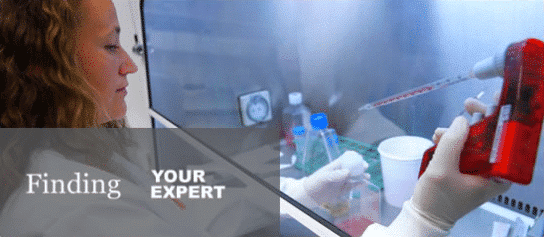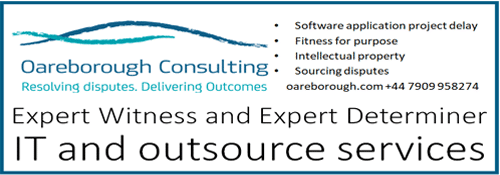An Expert Witness is defined in The Civil Procedure Rules of England and Wales as “a person who has been instructed to give or prepare expert evidence for the purpose of proceedings“.
When expert evidence is allowed and each of the Parties appoints their own expert the Expert Witness is known as a Party Appointed Expert (PAE). (see also Single Joint Expert where only one expert is allowed)
In England & Wales the formal definitions for Experts are to be found in:
- Civil Proceedings – CPR Part 35 ‘Experts and Assessors’
- Criminal Proceedings – CrimPR Part 19 ‘Expert Evidence’
- Family Proceedings – FPR Part 25 ‘Experts and Assessors’
The PAE’s duty is to help the court on matters within their expertise and this overrides any obligation to the person from whom the expert has received instructions or by whom he is paid. The experts role is to provide unbiased opinions on matters within their expertise and should not assume the role of an advocate. The watch words for experts are independence, impartiality and integrity. CPR attempts to limit the use of oral expert evidence to that which is reasonably required.
The parties in a case must seek permission from the Court to appoint an expert and when doing so must state the field in which expert evidence is required and where practicable the name of the proposed expert. The Court will then decide whether to grant permission. Whilst the parties are liable for their expert’s fees the Court may limit the amount of expert’s fees and expenses and that may be recovered from any other party.




